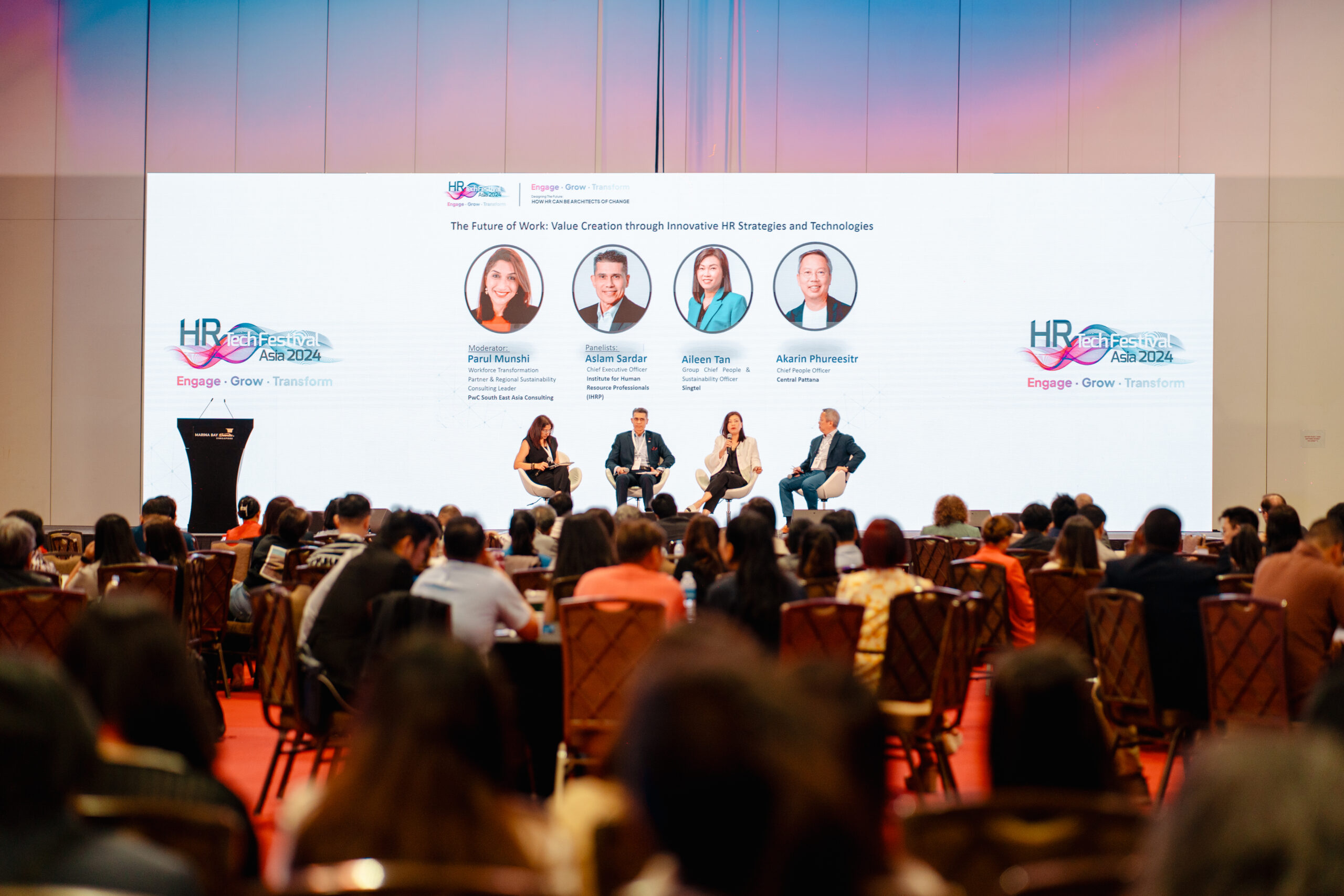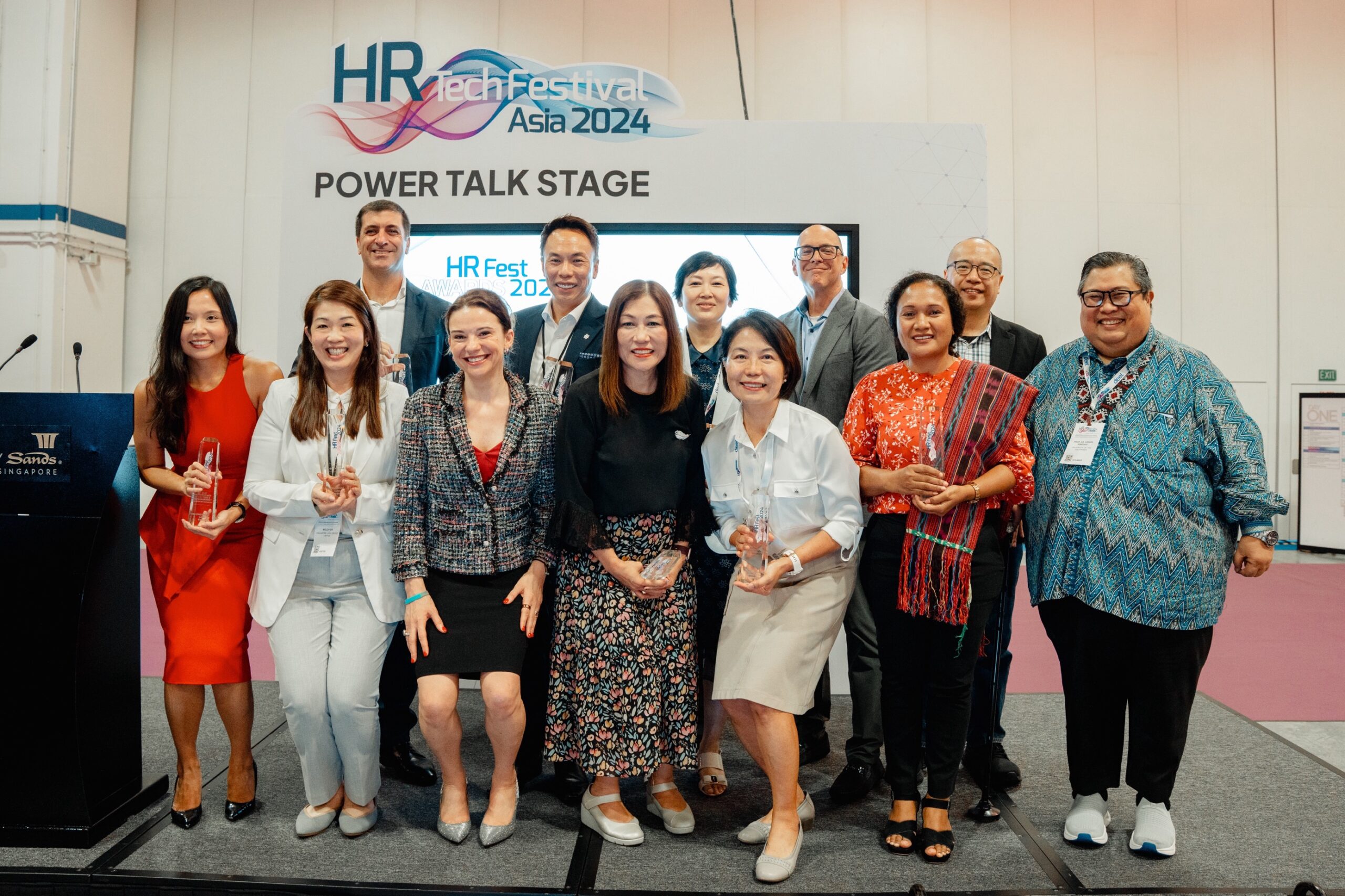Communication breakdown hinders new hire training in Japan

While April might be considered the traditional time of year to welcome new hires in Japan, many employees and organisations have cited difficulties in training these new employees.
This is one of the opinions shared in a survey conducted by human resource development firm Recruit Management Solutions, which found that many respondents shared difficulties in instructing new employees. Some of the reasons for their inability to communicate with these new trainees stemmed from a worry of overly criticising them and causing them to quit and the lack of desire to have a strained relationship with these new employees. In addition to the generation gap, there seems to be growing social awareness of harassment behind the difficulty of proactive guidance.
So, what did senior employees and supervisors do when they need to give guidance to new hires? A total of some 70% had expressed unease in doing so, with 49.6% sharing that they gave the criticism with a lot of neutrality than needed, and 16.3% admitting that they pretended not to see them and avoid the situation altogether.
READ MORE: Japan heats up recruitment with employment-linked internships
Things that senior employees and supervisors hoped employees would improve on included a better understanding of social skills and manners, behaviour at work events, and better communication skills, as it affected their “own evaluation” and “ease of doing their jobs,” indicating that they see the benefits of practising good manners.
Recruit Management Solutions analysed the negative perception of business manners among new employees, saying, “They simply have not yet realised the necessity of manners.” The firm advised senior employees and managers to share the importance of the benefits of practising good manners so that they would feel the value of acquiring them, reported The Mainichi.



